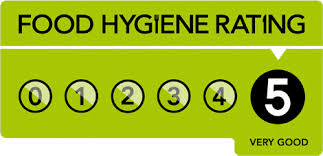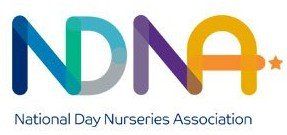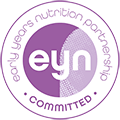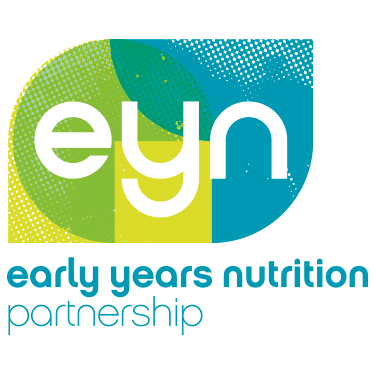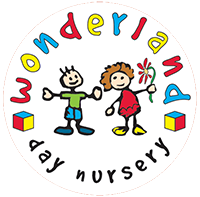EYFS INFORMATION
EYFS Information
The early years foundation stage (EYFS) covers your child’s early years from birth to the age of five years. It sets out how early years’ practitioners in partnership with parents can best support children’s individual development and learning needs.
The EYFS sets out the legal welfare requirements which we must follow to keep your child safe and to promote their welfare. There are principles grouped into four themes which are embedded into our policies and practice to make sure that the whole team at Wonderland are consistently striving to achieve the best for the children and their families.
Four EYFS themes:
A Unique Child
Every child is a competent learner who can be resilient, capable, confident and self-assured.
Enabling Environments
The environment plays a key role in supporting and extending children’s development and learning.
Positive Relationships
Children learn to be strong and independent from a base of loving and secure relationships with parents and/or a keycarer
Learning & Development
All children learn and achieve in different ways and at different rates.
There are seven areas of learning and development each with ‘development matters’ to support progress towards the early learning goals which children are expected to achieve at the age of five or by the end of their reception year. These areas are divided into three prime and four specific areas with children mostly developing in the prime areas first.
Prime areas:
• Communication and language
• Personal, social and emotional
• Physical development
Specific Areas
• Literacy
• Mathematics
• Understanding the world
• Expressive arts and design
Further information for parents about the EYFS can be accessed at: http://www.foundationyears.org.uk/
At Wonderland we believe that children’s early experiences should be happy, stimulating, exciting and fun. Young children learn best when they feel secure enough to be active, to play and explore and to engage in creative and critical thinking which takes place both indoors and outside.
Regular circle times or small group activities provide opportunities to focus on targeted learning for example children recognising their own name, learning and using numbers, phonics or discussing emotions. There is also time to chat about the children’s news and anything else the children wish to get off their chest!
We value and respect diversity and plan a range of activities including cooking to enable children to develop an understanding of cultural customs and traditions. Further information about circle times and other planned activities can be found on the weekly planning sheet displayed near the main entrance.
